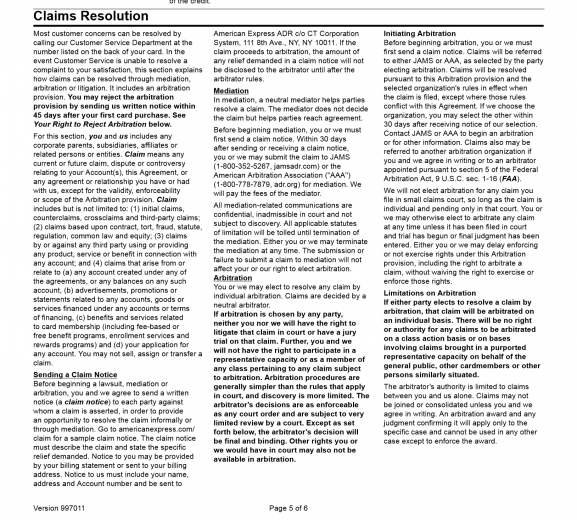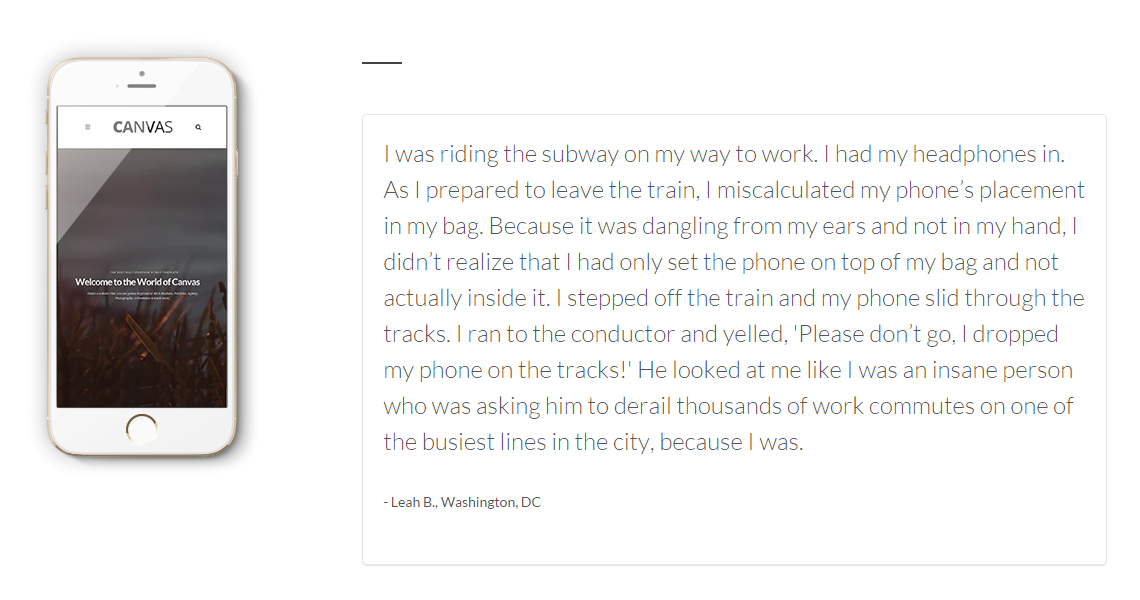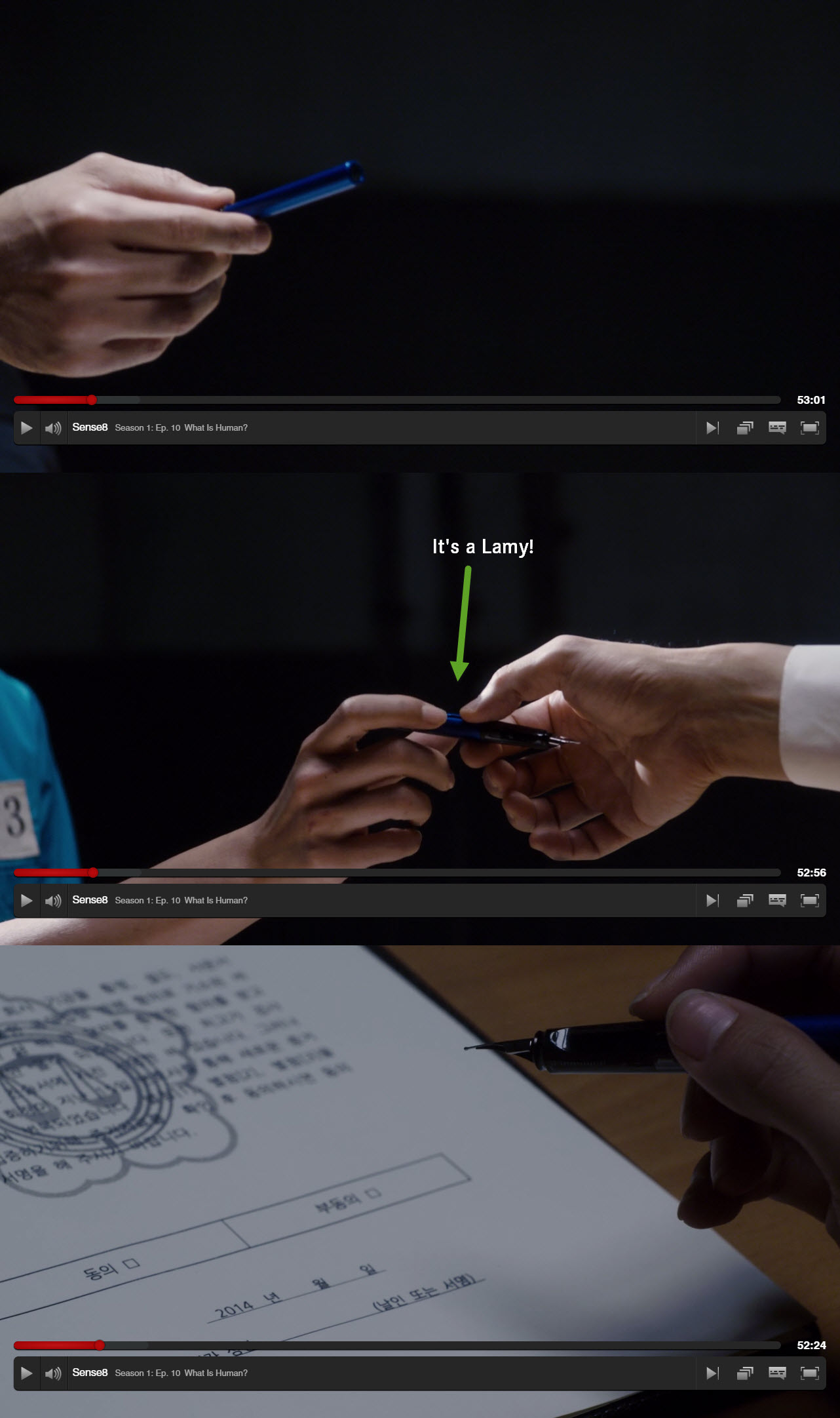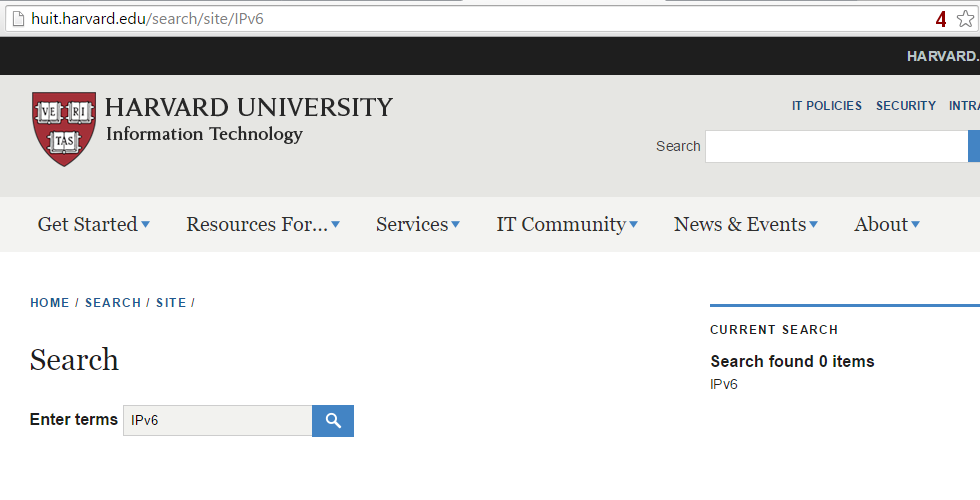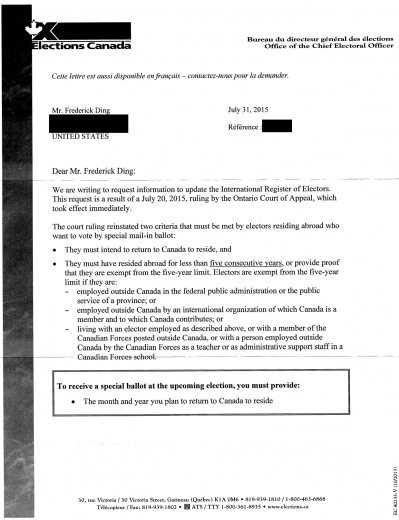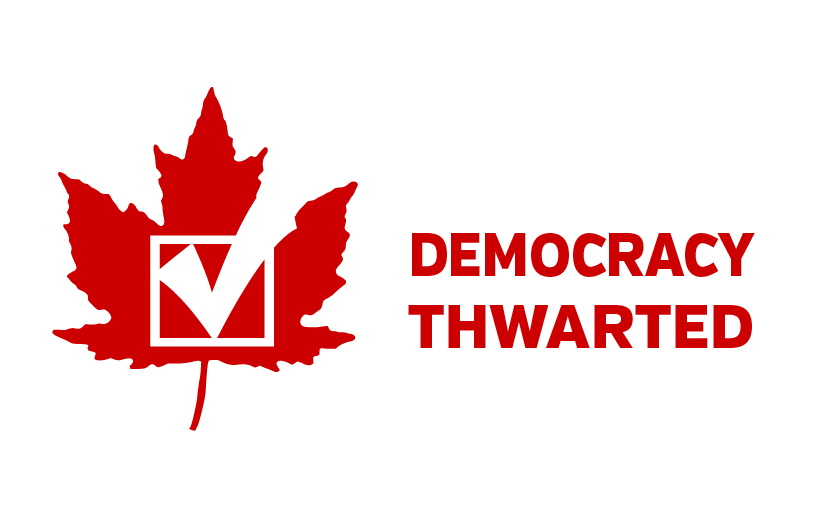TL;DR many Canadians in the US have more ways to vote, even under the 5-year limit, than previously thought.
A week ago, I mailed in my special ballot to Elections Canada. I can now say I’ve voted in the 2015 Canadian federal election!
There’s been a lot of discussion among Canadians at HLS, and folks in the Harvard Graduate Student Canadian Club, about the logistics of voting in this election. Notably, while most of them don’t have to deal with having a green card (as I do), some grad students may question how the 5-year limit applies to them.
Letters from Elections Canada, sent to two students who emailed them to inquire about logistics, support two conclusions.
1. Voting physically in Canada still possible
Voters who have been living abroad for 5 consecutive years or more and who are not exempt from the 5 year limit may vote in person at the advance polling station or the regular polling station corresponding to an address for which they have a proof of address (they cannot vote by special ballot).
– Elections Canada, in response to Peter W
The provisions of the Canada Elections Act that prohibit registering to vote by mail from abroad after five years only apply to the special ballot. If you are a Canadian who has been a nonresident for more than five years, apparently you can still vote in person. (Canadian news has reported instances of people successfully using this “loophole.”) Advance voting days are October 9–12, conveniently during Canadian Thanksgiving and Columbus Day in the US.
2. Fluid definition of residency—unlike taxation and immigration
Thank you for your email … in which you requested information for students who have been living outside for more than five years. There is no differentiation between student voters abroad and non-student voters abroad; the five-year rule remains the same.
I would like to take this opportunity to clarify that there is no minimum period of time that an elector must have been in Canada in order to be considered as having resided there. It is based on where you consider your home address to be and the date of departure is based on the last day you consider yourself having lived in Canada.
– Elections Canada, in response to Peter W
“Residing” has been interpreted here in the most liberal way possible by Elections Canada. It’s as though they are trying to preserve the broadest scope of voting rights possible in light of the Court of Appeal for Ontario ruling. (Good for them!)
The paragraphs quoted provide the basis for this interpretation:
Any instance of physical presence in Canada can be enough to renew your date of departure if you considered yourself to have lived in Canada during that stay.
Elections Canada is not asserting an objective test of residency. They are not inquiring into whether the U.S. Department of Homeland Security treats you as a resident alien. They do not care when you became a nonresident for tax purposes on the CRA’s books.
So, in my interpretation, the following example set of facts satisfies their criteria and entitles the citizen to register to vote by special ballot (critical facts highlighted):
- Alice is a Canadian citizen.
- Alice is 23 years old.
- Alice ordinarily lives in a rented apartment in Cambridge, MA.
- Alice attends HLS on an F-1 student visa.
- Alice started studying in the U.S. on an F-1 visa 6 years ago, since August 2009.
- Alice intends to return to live and work in Canada after graduation.
- Alice last lived in the Trinity-Spadina riding in Toronto, ON, before becoming a student in the U.S.
- Alice last visited her parents on September 1, 2015, at that same residence in Toronto, for one day. She left on September 2.
- Alice does not consider any other place to be her permanent place of abode.
- Alice considered herself to have lived in Canada during that day. (remember, “no minimum period of time” is necessary)
- Alice is a temporary resident outside Canada for fewer than five years, and may register to vote by special ballot with a departure date of September 2, 2015.
For an alternative hypothetical, see footnote 4. Remember that these are only predictions of eligibility.
TL;DR many Canadians in the US have more ways to vote, even under the 5-year limit, than previously thought.
Again, just a reminder: I’m not a lawyer (yet). Don’t take this as legal advice. Do take it as the opinion of someone who believes the right to vote is constitutionally guaranteed to all Canadian citizens, and who wouldn’t mind seeing this tested in a legal challenge.
